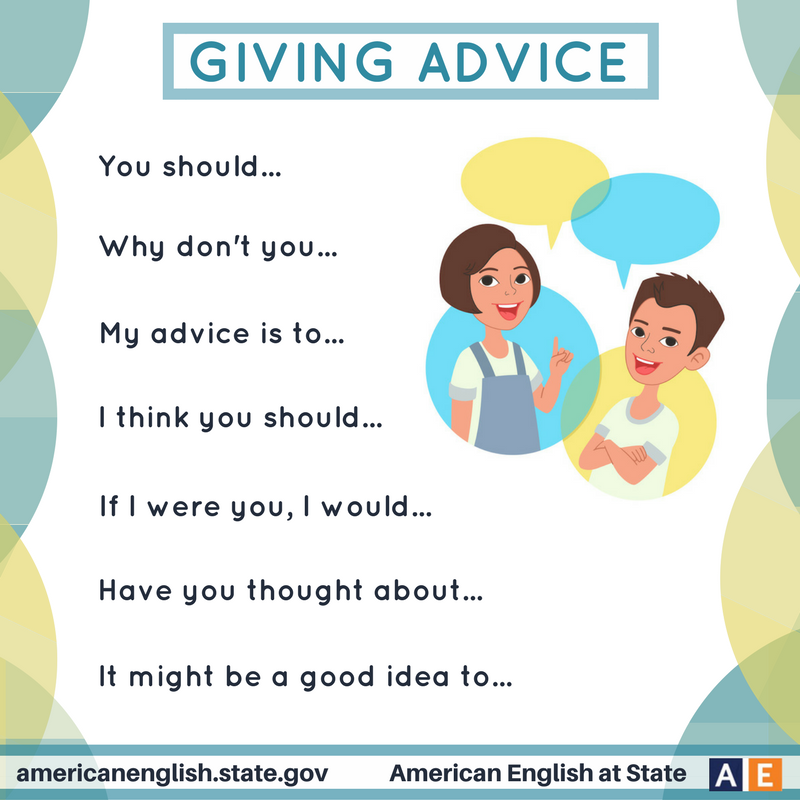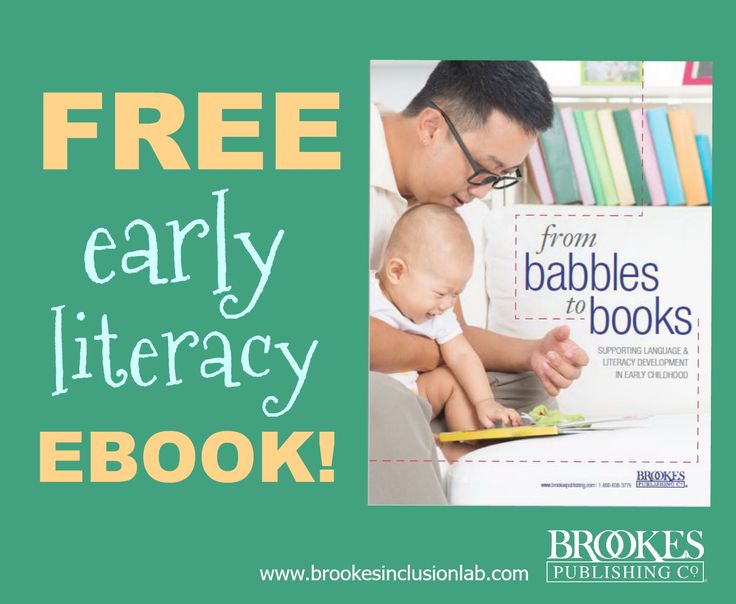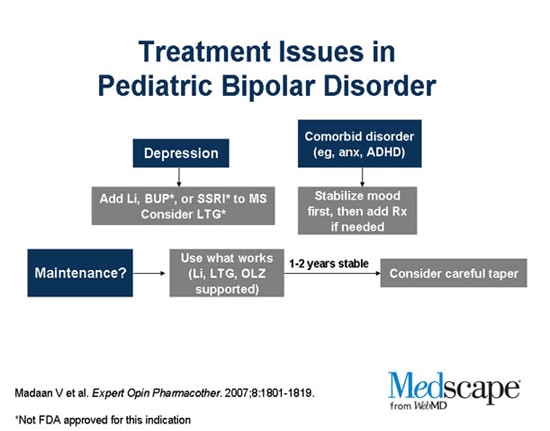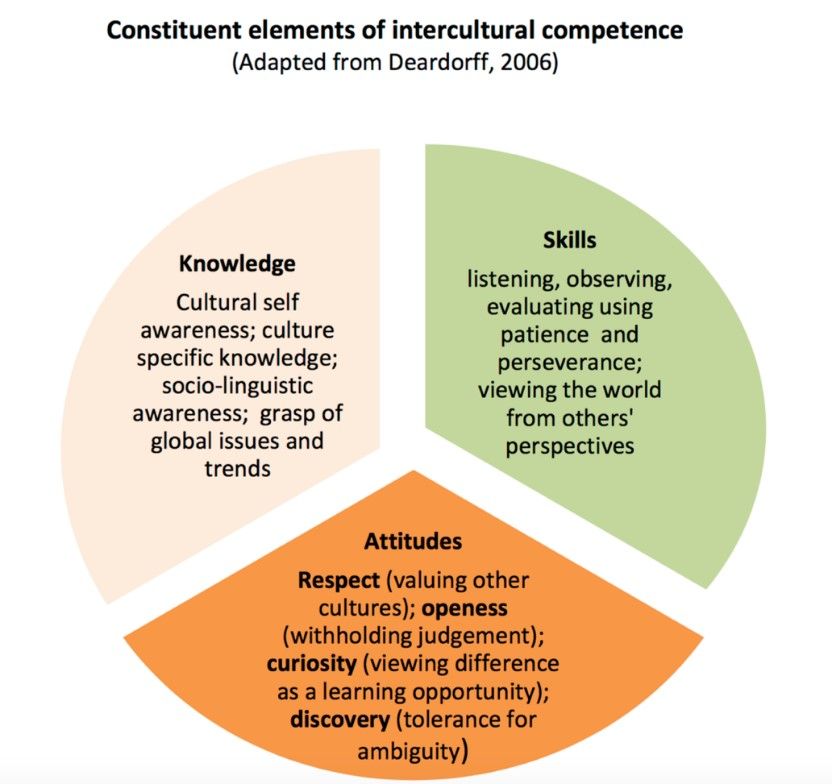Advice from teens
Advice for Teenagers (10 Valuable Life Tips for Teens)
Are you a teenager looking for advice to better yourself? Here are 10 valuable pieces of advice for teenagers to succeed in life!
Whether you need a little inspiration or genuinely want to know some important steps to building yourself up, these tips will give you everything you need.
You should note that this advice is from someone who was very recently in their teenage years and knows the modern struggles of being a teen.
Let’s dive in!
Take Care of Your BodyBecause it takes care of you everyday!
Here are a few ways to take care of your body:
- Exercise
- Practice Proper Hygiene
- Have a Skin Care Routine
- Invest in Yourself
- Stretch
- Drink a Ton of Water
Just by implementing some of these simple practices, you’re already getting ahead of where you were the day before.
You might feel invincible as a teenager right now, but the human body naturally gets weaker over time. You’ll thank yourself later!
This is definitely the best advice for teenagers who feel like they need to impress the world!
The truth is…
Nobody cares either, so why would you? Laugh when you embarrass yourself. Dress how you want to dress. Be honest about things you don’t like.
Not only does this help you become more of yourself, but you’ll also make friends with the right people.
Easier said than done, I get it. The point is that you should at least try to be yourself more and more everyday until you feel like nothing is in your way.
When you don’t need anyone else’s opinion, you’ll never feel judged or obligated to be different for other people.
Related Post: 15 Valuable Life Lessons for Teenagers
Get UncomfortableGetting yourself more and more comfortable with being uncomfortable is a big key to finding success and happiness.
If everything made us comfortable, we’d never move. We would never work hard or try to push boundaries.
Some of the best moments in your life will be when you seek discomfort and put yourself in a position to try new things.
A great way to start with this is by accepting opportunities that come your way and by actively seeking those opportunities.
Whether it’s related to work, making friends, trying new hobbies, or exercising, you’ll always have a way to get uncomfortable.
Make Good Friends, Not More FriendsDon’t get me wrong… building a network of friends at school is always going to be valuable whether they are the greatest people or not.
The main advice here is… spend more time trying to develop and grow those relationships that you think will be good for you.
“You are who your friends are” – you are likely going to be the sum of the people you are closest to.
For example, if your closest friends like to make bad decisions and slack off in school, there’s a high chance that you will too.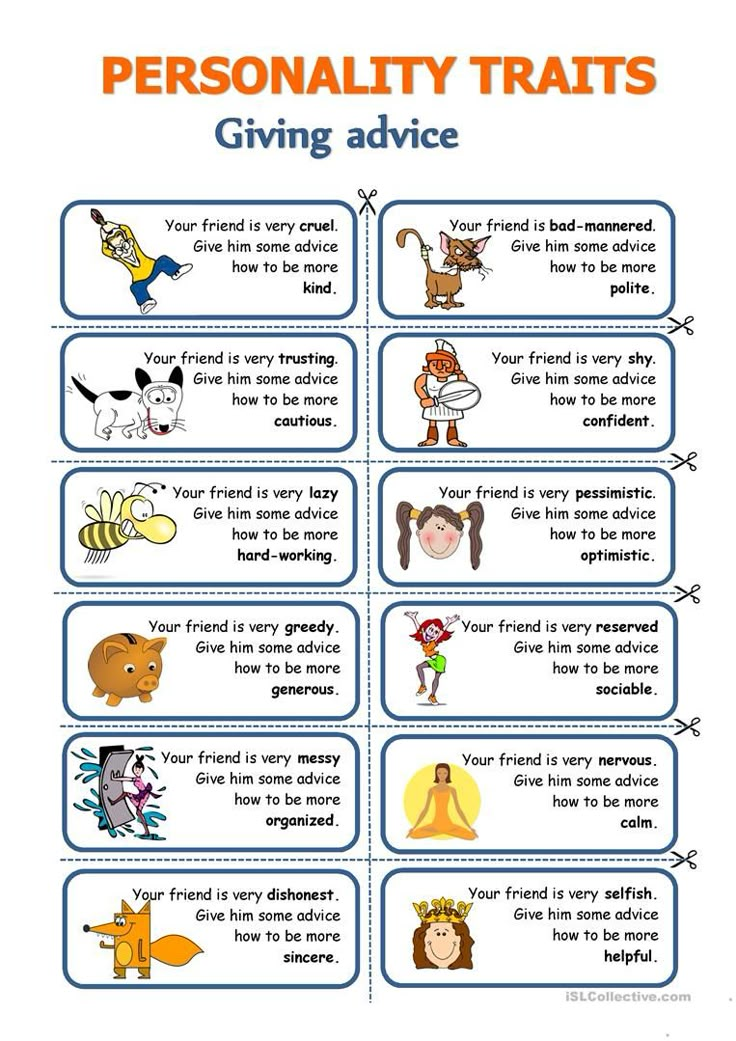
The same goes for the other way around, so surround yourself with a strong group of people who genuinely care about you.
Related Post: Full Body Workout for Teenagers at Home
Try To Understand Both SidesNowadays, it’s very easy to be one-sided about things because we believe a small portion of an idea which makes us believe the whole thing.
Anytime you have a strong belief about something, actively seek to agree with something on the other side. This helped me grow immensely in my teen years.
When 2 of your friends are arguing, try to see where both are wrong and where both are right.
Put yourself in the other person’s shoes and try to understand where people are coming from. This is seriously a superpower to have these days!
Having this skill will also teach you to be level-headed in your own arguments and avoid bringing too much emotion to the table.
Formulate Your Own Opinion on ThingsTo start off, this doesn’t mean you should randomly formulate your opinion on everything.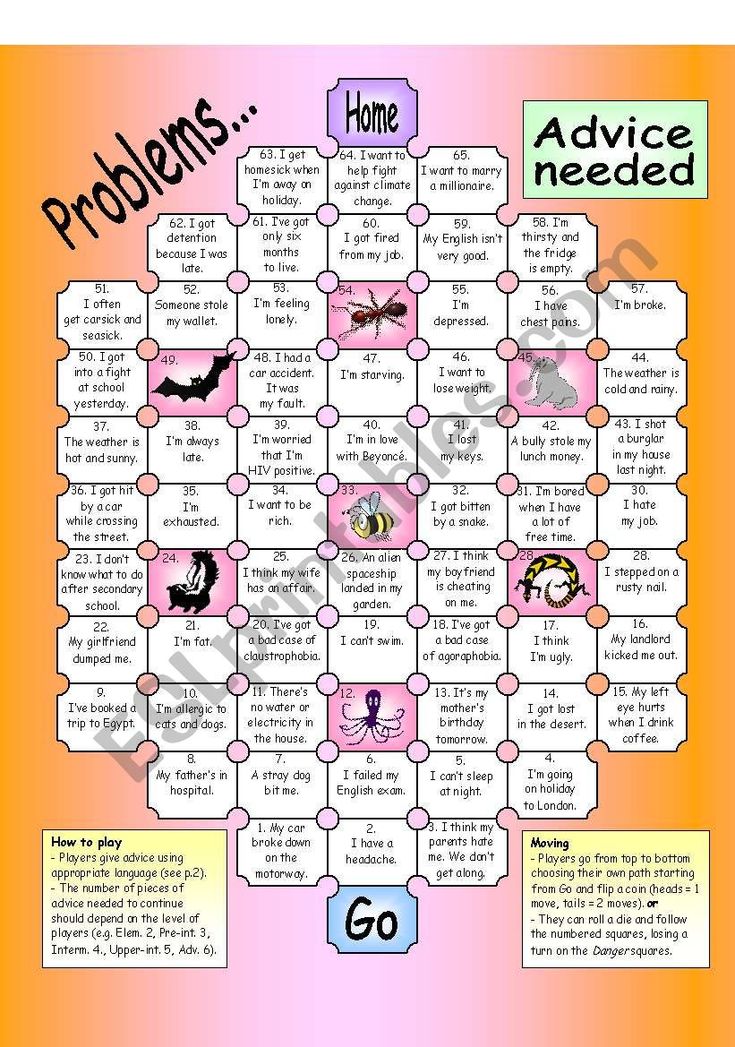
If anything, don’t make up your mind until you’ve actually educated yourself on a certain topic. Use the tips from #5 to make the right decisions.
Formulating your own opinion truly means that your opinion was not influenced by someone else (a friend, parent, teacher, etc.).
The best sentence you could ever use in a conversation is “I’m not educated enough on this topic to speak about it”.
That’s a powerful sentence that shows maturity and that you’re listening to the conversation with both ears open.
Related Post: How to Be a Successful Teenager
Learn About Finance EarlyMy advice for teenagers – Money should be your friend throughout your life, not your enemy.
Sadly, the education system doesn’t do such a great job at teaching you about finance, so you have to learn it on your own.
Using resources like Youtube and Google are super easy ways to learn about money in a very simple way.
Here are a few things to learn about finance :
- Budgeting
- Saving
- Credit
- Banking
- Investing
- Frugality
The better you are with money as a teenager, the better off you’re going to be in the future.
It takes no longer than 5 minutes per day to learn about a new topic related to money, but it will account for years of knowledge!
Don’t Compare Yourself to OthersComparing yourself to others will only lead to disappointment and lack of confidence.
There will always be someone with more than you… more money, more friends, more style, more of anything.
Instead, compare yourself to who you were yesterday. This is how you can measure your proper growth.
Moving forwards and going up is the most important thing. If you’re not going up, then you’re not working on yourself and that means it’s time for a change.
Compare yourself only to yourself and you’ll feel so much better about where you are in life.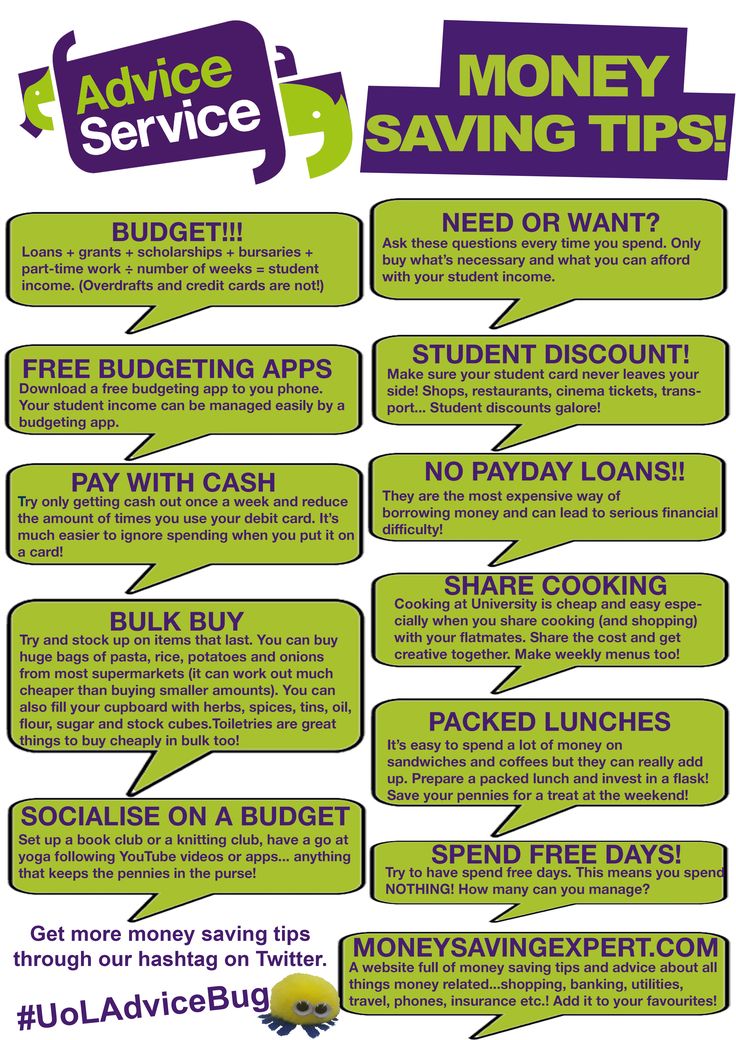
Related Post: 15 Things School Doesn’t Teach You (That You Should Learn)
Listen to UnderstandThere’s a difference between listening to understand and listening to respond.
Someone who listens to respond doesn’t much care about what another person is saying to them. They are just tapping their feet ready to burst out with their own opinion.
Being someone who listens to understand knows that the person speaking to them might have some valuable advice that you can learn from.
Imagine if every conversation you’ve had up to this point could’ve made you 5% smarter if you just listened to understand instead of to respond.
Would you start doing it now? If you answered yes, you’re on the right track!
Always Ask WhyAlways asking “why” is the ultimate advice for teenagers who want to educate themselves to their max potential in life.
It’s the key to understanding everything about the world.
Question the education system, your parents, teachers, friends, the government, history, science… EVERYTHING.
Keep in mind, these topics don’t have to be questioned in a negative way. Asking “why” to all of these topics is only to help you learn more about life and formulate your own opinions on things.
The more answers you get to the question “why”, the more knowledge you’ll accumulate over time.
Related Post: 18 Things to Do When You Turn 18
ConclusionHopefully these 10 valuable pieces of advice for teenagers have taught you something that you can take with you for the rest of your teen life and beyond!
I think all of this advice really comes down to being self aware. The more you know about yourself, the easier it will be to make decisions, friends, career choices, and more!
By the way, this entire blog is geared towards teenagers who want to be the best versions of themselves possible.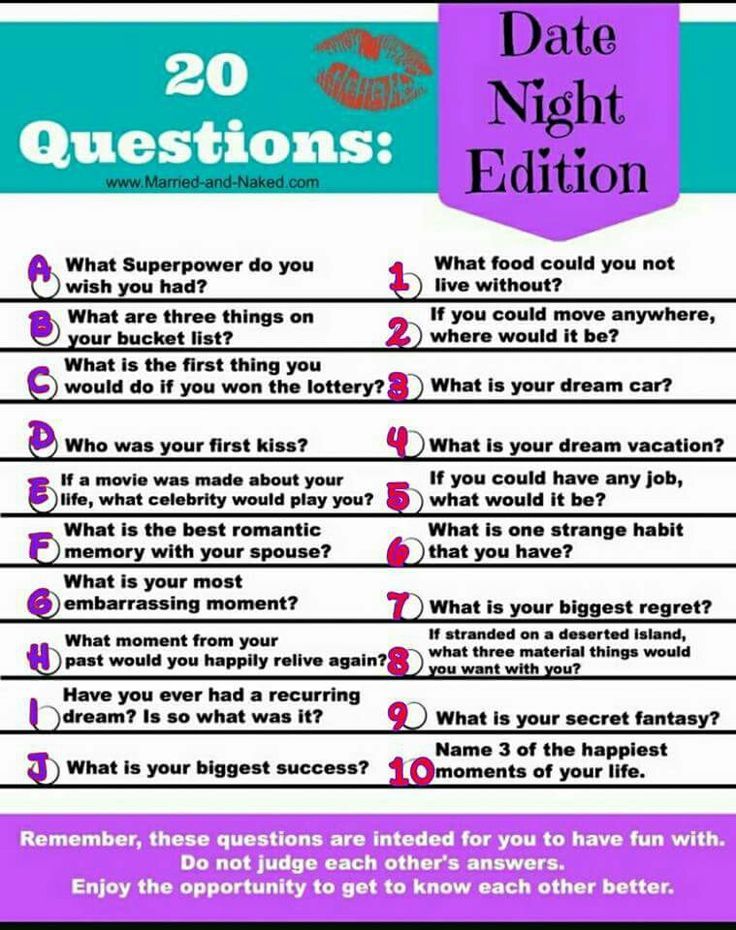
I highly recommend you stick around and read a few more articles and leave as a more successful teenager than you were 10 minutes ago 😁.
If you have any comments, questions, or suggestions leave them down below. Thanks for reading!
If Nothing Else, I Hope My Teen Knows This
By Christine Carter
Parents want the best for their kids. An entirely new set of worries erupts during the teen years as our kids are growing fast and our time with them is swiftly slipping away.
We have so much to teach them, so much they need to learn. But the irony is, it’s during these years when our kids rarely listen to the advice we have to give, good advice or not. Teens are distracted by their self-absorbed world and indifferent to our valuable opinions, our hard-earned wisdom, and our well-worn patience in trying our best to equip them for adulthood.
So, we pick and choose the most important principles to repeatedly share with our teens, hoping when they are out of our sight and on their own, they will remember and rely on these truths.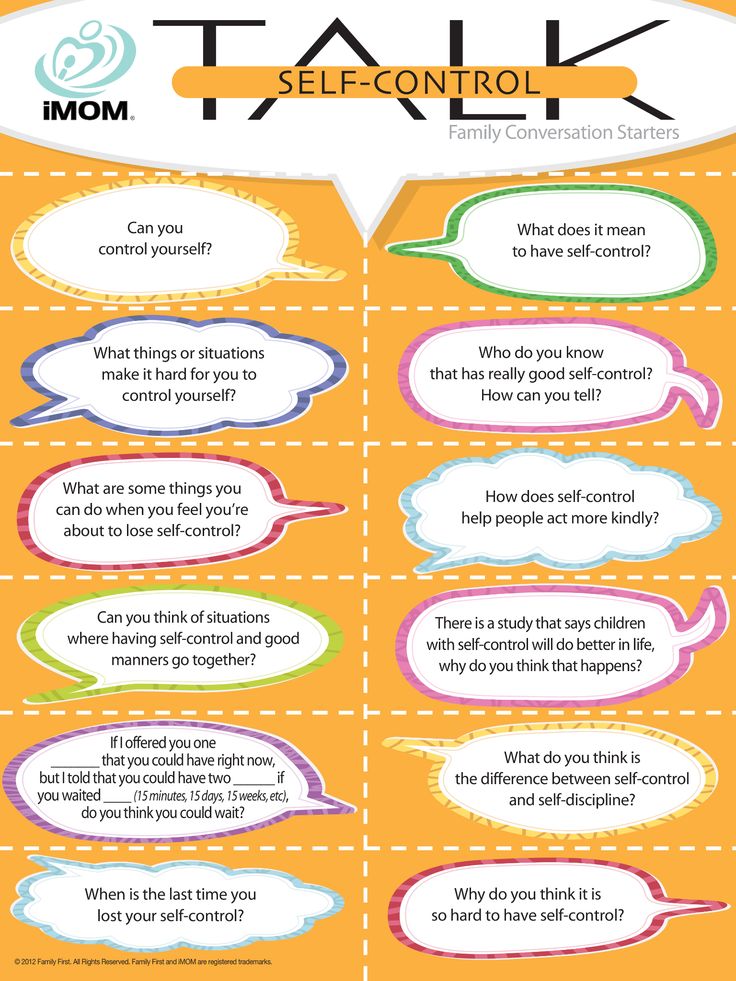
1. If you always compare yourself to others, you will never find out who you are.
When you look at others to measure your worth, you are dismissing your unique talents, physical features, and voice. Instead, spend your energy discovering all your gifts, building on your strengths, and fine tuning those weaknesses. Honor who you were created to be, and spend your life celebrating your individual traits and unique sense of purpose. Be the best you, as that’s enough.
2. Pick your people wisely.
Who you surround yourself with will always be your greatest influence. Choose your friends carefully. They will have a deep impact on how you do life. Make sure they are trustworthy, supportive, and kind. It’s okay to let unhealthy relationships go, and it’s also okay to avoid people you know aren’t healthy for your well-being. You can still be friendly and set firm boundaries with people, but you have a right to make your own decisions about friends, so don’t feel obligated to succumb to peer pressure.
3. Always make time for self-care.
It’s so easy to forget that we need to take time for our personal needs. Self-care looks different to everyone, so as you get to know yourself better, tune into what you need to be healthy, both physically and emotionally. Don’t deny yourself this significant indulgence. If you don’t replenish your mental and physical well-being, the consequences can be dire. Find ways to rest and refuel both your body and mind. Then practice them regularly.
4. You have more courage than you know.
You will never know how brave you are until you take that first step into your fear. The greatest lie you will tell yourself is that you “can’t.” The first step is always the hardest. The ones that follow often lead to fulfillment and empowerment no matter what actually transpires. Just doing that hard thing will strengthen you and help you realize you have more courage than you know.
5. You will make mistakes, let people down, and fail miserably.

You should expect your life to have some serious lows, massive disappointments, and humiliating shame. You are not immune to making mistakes. You will never be perfect, so prepare yourself for these falls and understand that it’s what you do with these low points that matters. Give yourself an abundance of grace when you mess up because although guilt and shame can be a useful moral barometer, they can also sabotage your peace. Take responsibility for your actions and do everything you can to resolve and redeem the situation. Remember that some of the greatest life lessons come from the hardest falls. Sometimes growing hurts.
6. Be careful how you measure success.
We live in a world of mass media that often defines success by beauty, wealth, and fame. Please don’t believe these metrics. Your success is solely based on your happiness, fulfillment, and peace. Don’t accept any other definition this world gives because it will only lead you down empty roads with a malnourished heart.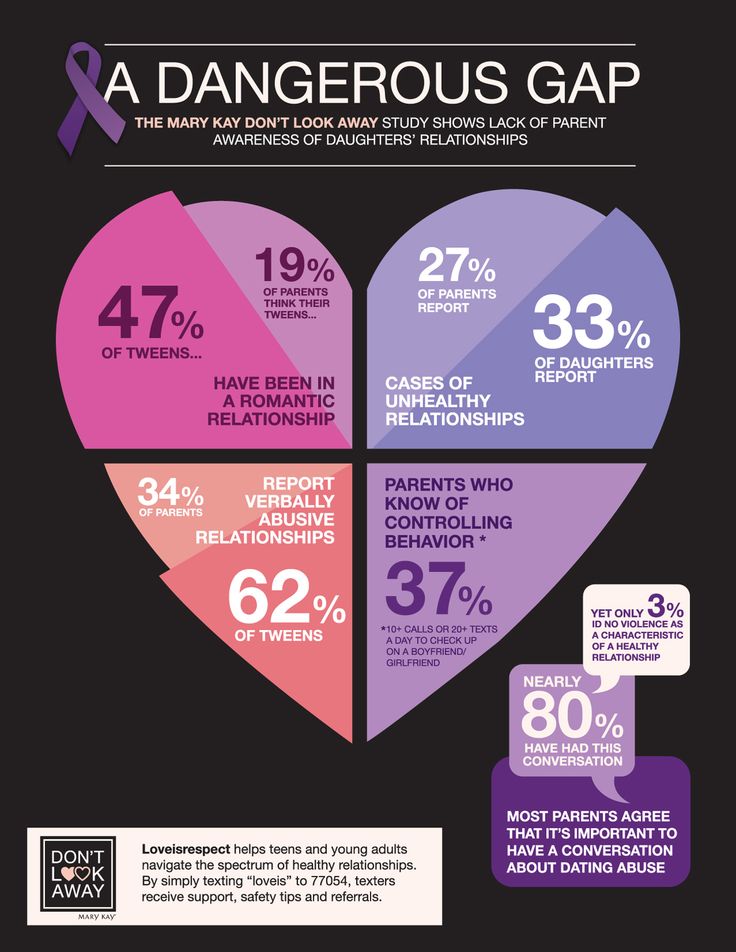 What brings you deep joy? What fuels your passion and fulfills your purpose? What brings meaning to your life and challenges you to grow? Pursue a life that answers those questions, and you will find true success.
What brings you deep joy? What fuels your passion and fulfills your purpose? What brings meaning to your life and challenges you to grow? Pursue a life that answers those questions, and you will find true success.
There are so many more things I want my teen to know, but if nothing else, I hope she carries these messages with her. If she can truly understand these things and practice them every day, I’ll call that a parenting win.
Until then, I’ll keep repeating them over and over again—with the hope that one day they may soak in.
Eight everyday tips for stable self-esteem of a teenager
Psychology
Eight Everyday Tips for Stable Teen Self-Esteem
December 4, 2020 34 567 views
Liana Khaziakhmetova
Throughout life, self-esteem either rises or falls. Sometimes a person treats himself well, and sometimes not so much. This is normal and natural. Self-esteem declines for two reasons: feelings of powerlessness and shame. Tips from the book "You are stronger than you think" will help you figure out why self-esteem is falling and how to stop this oppressive feeling. Let's say right away: positive thoughts alone are not enough here. We need to take positive action.
Tips from the book "You are stronger than you think" will help you figure out why self-esteem is falling and how to stop this oppressive feeling. Let's say right away: positive thoughts alone are not enough here. We need to take positive action.
Psychologists have come to the conclusion that the fear of mistakes reduces creativity and undermines self-confidence. In school, as a rule, they instill the wrong attitude - you can’t make a mistake. Carol Dweck, one of the world's leading mind scientists and author of The Flexible Mind, believes that every time we make a mistake, a new synapse appears in the brain, helping it grow. Everyone is used to the idea that mistakes should be avoided, but Carol gives data from research on the reaction of the brain to mistakes, and one can draw a direct conclusion: mistakes contribute to brain development.
Tell your child something like this: “Everyone has the right to make at least four serious mistakes every day. And so are you." It will be useful for a teenager to know that making mistakes is normal and even good, because it means growth.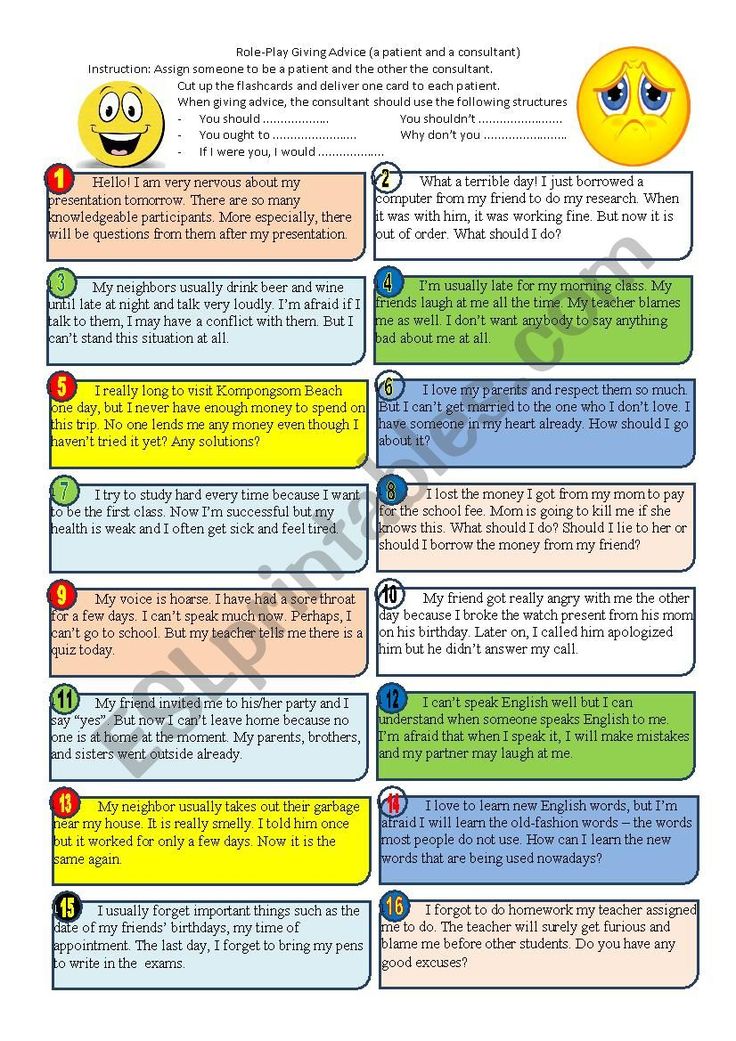
It is not easy to get rid of this habit. In our culture, unfortunately, it is customary to compare people. Parents compare their children with others, teachers compare their students. It's completely pointless. The child needs to be told more often that he is one of a kind. There is no other like it in the world.
Everyone is different, and that's great. Source
If from time to time a person fails in something, this does not mean that he is generally good for nothing. Everyone fails sometimes. Nobody's perfect. Do not criticize a teenager when he does something wrong. It is better to help to extract errors and think about how to avoid similar situations in the future.
Many people get nervous before meeting new people. They wonder: “What will they think of me? Will I like you? Nobody thinks I'm stupid? Won't he think that I'm boring?" These thoughts increase anxiety. In addition, they make you feel powerless, embarrassed and ashamed.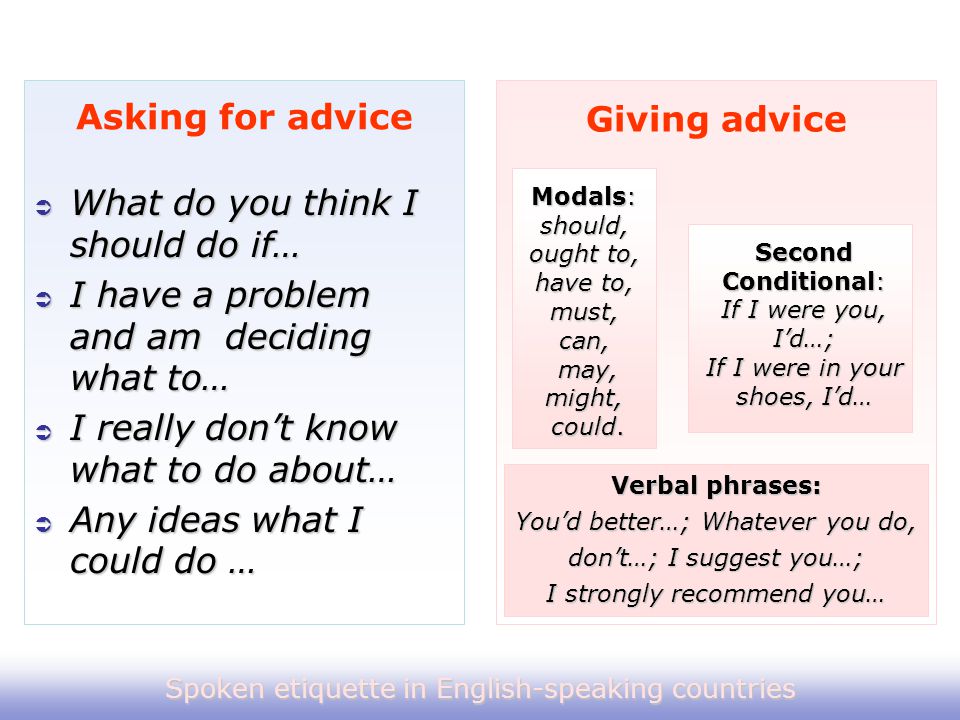 Encourage your teen to choose a different way of thinking. He may ask himself: “I wonder what new acquaintances will turn out to be? Will they like me? Will I be interested in them?” Then the forces will be equal, and he will have nothing to be ashamed of.
Encourage your teen to choose a different way of thinking. He may ask himself: “I wonder what new acquaintances will turn out to be? Will they like me? Will I be interested in them?” Then the forces will be equal, and he will have nothing to be ashamed of.
-
Challenge yourself
Think of self-esteem as an upward spiral. When a person has a strong self-esteem, he confidently solves the tasks that life sets. He succeeds and his self-esteem grows. Therefore, he is even more confident in meeting a new challenge. And so on and so forth. Sometimes a person fails, but copes with stable self-esteem. Talk to your child about the challenges they face each day. Learn a lesson, read a new book, make an acquaintance? It is important that the teenager is aware of the need to act on the edge of the comfort zone in order to gradually expand it.
Nothing undermines self-confidence more powerfully than unattainable goals. If your teen tries hard but fails again and again, suggest revisiting the goal.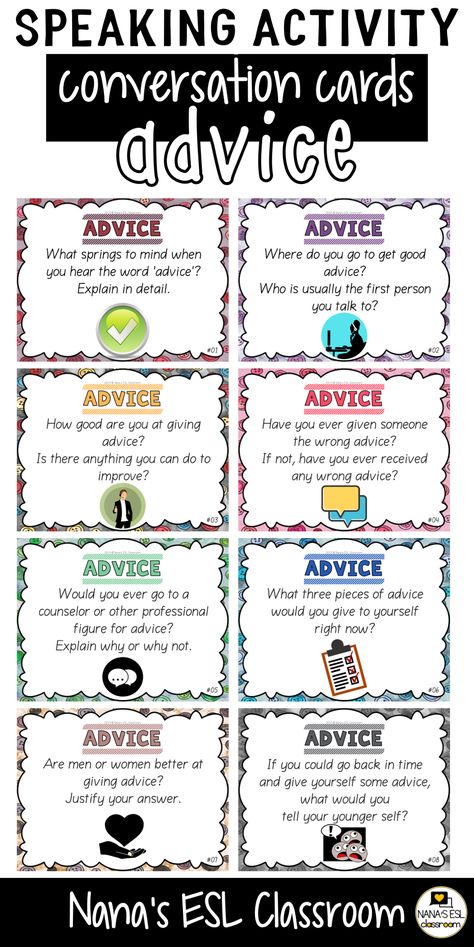 For example, a pole vaulter can lower the bar. In a word, you need to treat yourself not as a robot, but as a worthy person. Praise yourself more often - for good deeds, for what you know and can do, for a positive lifestyle.
For example, a pole vaulter can lower the bar. In a word, you need to treat yourself not as a robot, but as a worthy person. Praise yourself more often - for good deeds, for what you know and can do, for a positive lifestyle.
The goal must be achievable. Source
Also, a teenager (and indeed everyone) should not accept the guilt that others are trying to impose, even if they are adults. Guilt and responsibility are two different things. Guilt is a negative feeling. Responsibility is positive. Guilt makes you think: "I'm no good", "I'm doing bad things", "I'm a bad person." A sense of responsibility makes you think: "I did it, but I'll try to fix it", "Next time I'll try to do it better."
Keep lists that will help you accumulate and keep good feelings and build self-esteem. You can do it together - everyone will write down in their notebook what made you happy today and what you achieved. Let it be even small victories - I cleared it off the table, finished reading a book, went shopping on my own.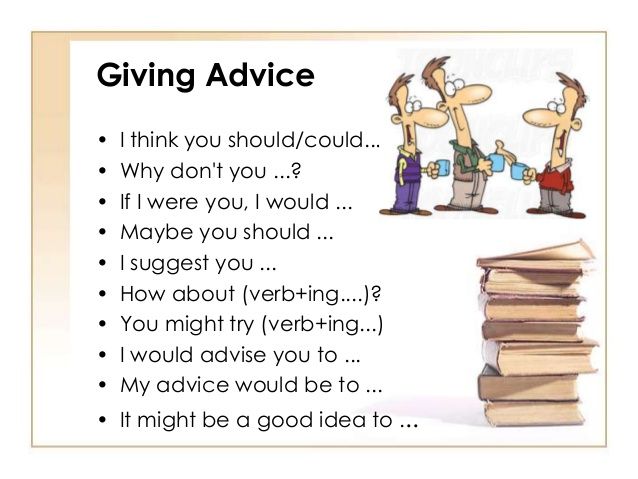
Self-esteem is a variable value. It is important to adjust it from time to time. Our tips for every day will help you keep your self-esteem at a decent level.
Based on the book You Are Stronger Than You Think
Post cover: unsplash.com
10 tips for parents of teenagers
1. During adolescence, children begin to evaluate the life of their parents. Adolescents, especially girls, discuss the behavior, actions, appearance of mothers and fathers, teachers, acquaintances. And they constantly compare. At some point, the result of this comparison will affect your relationship with your son or daughter. It can be both pleasant and unpleasant for you. So, if you don't want to lose face, start preparing for this assessment as early as possible.
2. The main thing in your relationship with your child is mutual understanding. To install it, you must be proactive and not hold grudges. One should not both follow the momentary desires of the child, and always oppose them.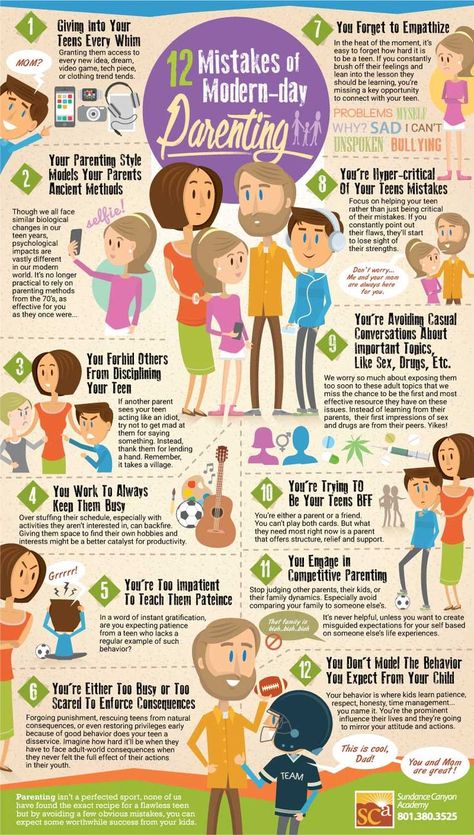 But if you cannot or do not consider it necessary to fulfill the desire of your son or daughter, you need to explain why. And in general, talk more with your children, talk about your work, discuss with them their affairs, toys or educational, know their interests and concerns, friends and teachers. Children should feel that you love them, that in any situation they can count on your advice and help and not be afraid of ridicule or neglect.
But if you cannot or do not consider it necessary to fulfill the desire of your son or daughter, you need to explain why. And in general, talk more with your children, talk about your work, discuss with them their affairs, toys or educational, know their interests and concerns, friends and teachers. Children should feel that you love them, that in any situation they can count on your advice and help and not be afraid of ridicule or neglect.
Support children's confidence in themselves, in their abilities, in the fact that even with certain shortcomings (which everyone has), they have their undeniable advantages. The strategy of parents is to form a position of confidence in the child: “everything depends on me, I am the reason for failures or successes. I can achieve a lot and change everything if I change myself.”
In the educational process, confrontation, the struggle of the educator with the pupil, the opposition of forces and positions is unacceptable. Only cooperation, patience and interested participation of the educator in the fate of the pupil give positive results.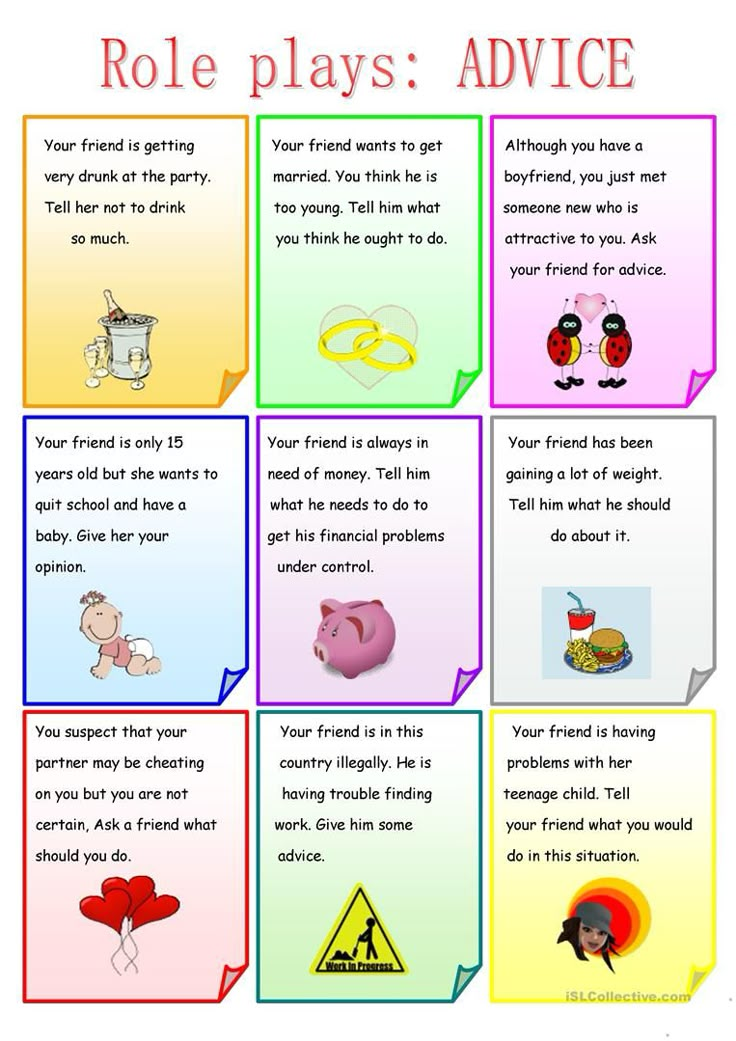
3. Surprise - you will remember! The one who makes an unexpected and strong impression becomes interesting and authoritative. What attracts a child in an adult? Strength, but not violence. Knowledge - remember, for example, the eternal "why?" at babies. To what proportion of them did you manage to answer clearly and completely? Mind - it is in adolescence that it becomes possible to appreciate it. Skills - dad knows how to ski, fix a TV, drive a car ... And mom draws, cooks delicious pies, tells fairy tales ... Appearance - girls appreciate it more. The life of parents, their habits, views have a much greater influence on the child than long moralizing conversations. Your income is also important for teenagers. If you're competitive in this area, think ahead about what you can put on the other side of the scale when your older child confronts you with this problem.
4. Do you want your child to be strong and healthy? Then learn for yourself and teach him the basics of knowledge about your body, about ways to maintain and improve health. This does not mean at all that you have to master the doctor's arsenal and the prescription of various medicines. Medicines are only an "ambulance" in cases where the body cannot cope on its own. Even Tissot argued: "Movement as such can replace all medicines in its action, but all the medical remedies of the world are not able to replace the action of movement." The main thing is to teach the body to cope with loads, especially physical ones, because they train not only muscles, but also all vital systems. This is a considerable and regular work, but for that a “feeling of muscular joy” is given to a person, as the great doctor and teacher P.F. called this feeling almost a hundred years ago. Lesgaft. Of course, physical and any other loads should correspond to the age capabilities of the child.
This does not mean at all that you have to master the doctor's arsenal and the prescription of various medicines. Medicines are only an "ambulance" in cases where the body cannot cope on its own. Even Tissot argued: "Movement as such can replace all medicines in its action, but all the medical remedies of the world are not able to replace the action of movement." The main thing is to teach the body to cope with loads, especially physical ones, because they train not only muscles, but also all vital systems. This is a considerable and regular work, but for that a “feeling of muscular joy” is given to a person, as the great doctor and teacher P.F. called this feeling almost a hundred years ago. Lesgaft. Of course, physical and any other loads should correspond to the age capabilities of the child.
By the way, only physical exercises, including physical education classes, can mitigate the harm from many hours of sitting at a desk. So do not rush to release the child from physical education. This will not bring him even temporary relief in a stressful school life. Even if he has a chronic disease (and even more so!), he needs to do physical education, only according to a special program.
This will not bring him even temporary relief in a stressful school life. Even if he has a chronic disease (and even more so!), he needs to do physical education, only according to a special program.
And it is absolutely essential that a child understands that there is no happiness without health.
5. How much time per week do you spend with your children? According to sociological surveys, most adults on average devote no more than 1.5 hours a week to children! And how to fit heart-to-heart talks, trips to the theater and nature, reading books and other common activities here? Of course, this is not the fault, but the misfortune of most parents who are forced to spend all day at work in order to fill the family budget. But children should not be left to their own devices. It is good if there are grandparents who are able to take on some of the problems of upbringing. And if they are not? Be sure to think about what your child will do during the hours free from studying and preparing lessons.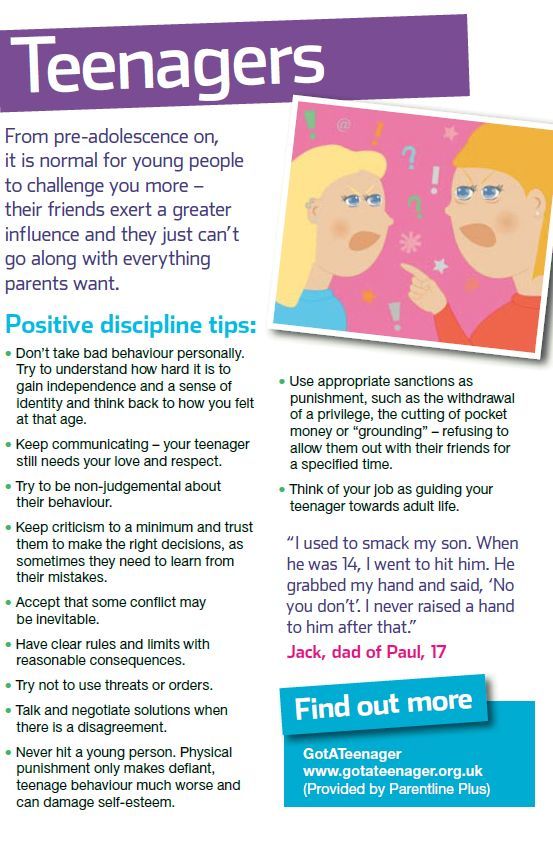 Sports sections (do not forget to talk to the coach yourself) will not only take time, but will help improve your health and develop motor skills and abilities. In the house of children's creativity, you can learn how to sew, build airplanes, write poetry. Let the child have the freedom to choose an activity, but he must know for sure: he has no time for idleness and boredom.
Sports sections (do not forget to talk to the coach yourself) will not only take time, but will help improve your health and develop motor skills and abilities. In the house of children's creativity, you can learn how to sew, build airplanes, write poetry. Let the child have the freedom to choose an activity, but he must know for sure: he has no time for idleness and boredom.
6. Take care of your child's health and your own, learn to play sports together with him, go on vacation, go hiking. What delight a child experiences from an ordinary sausage fried on a fire, from a crumbled piece of black bread, which was found in a bag after returning from the forest, where you picked mushrooms together. And a day spent in the garage with his father repairing a car will seem to the boy a holiday more important than riding in the park on the “coolest” attraction. Just do not miss the moment while the child is interested.
The same applies to habits of household chores. The little one is interested in washing the dishes himself, peeling potatoes, baking a pie with his mother.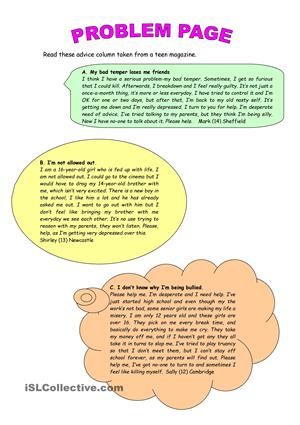 And this is also an opportunity to talk, tell, listen. They missed this moment - they "saved" the child so that they would not get their hands dirty, that's all - the assistant was lost forever.
And this is also an opportunity to talk, tell, listen. They missed this moment - they "saved" the child so that they would not get their hands dirty, that's all - the assistant was lost forever.
7. The desire of adults to avoid talking to children about certain topics teaches them to think that these topics are forbidden. Evasive or distorted information causes unreasonable anxiety in children. And at the same time, it is not necessary to give children the information that they do not ask about, that they cannot emotionally cope with yet, that they are not ready to comprehend. The best option is to give simple and direct answers to the children's questions. So parents themselves need to develop comprehensively - not only in the field of their specialty, but also in the field of politics, art, general culture, in order to be an example of morality for children, a bearer of human dignity and values.
8. Do not unnecessarily protect teenagers from family problems, both psychological (even if there was an accident, someone's illness or death - this tempers the soul and makes it more sensitive), and material (this teaches you to find a way out).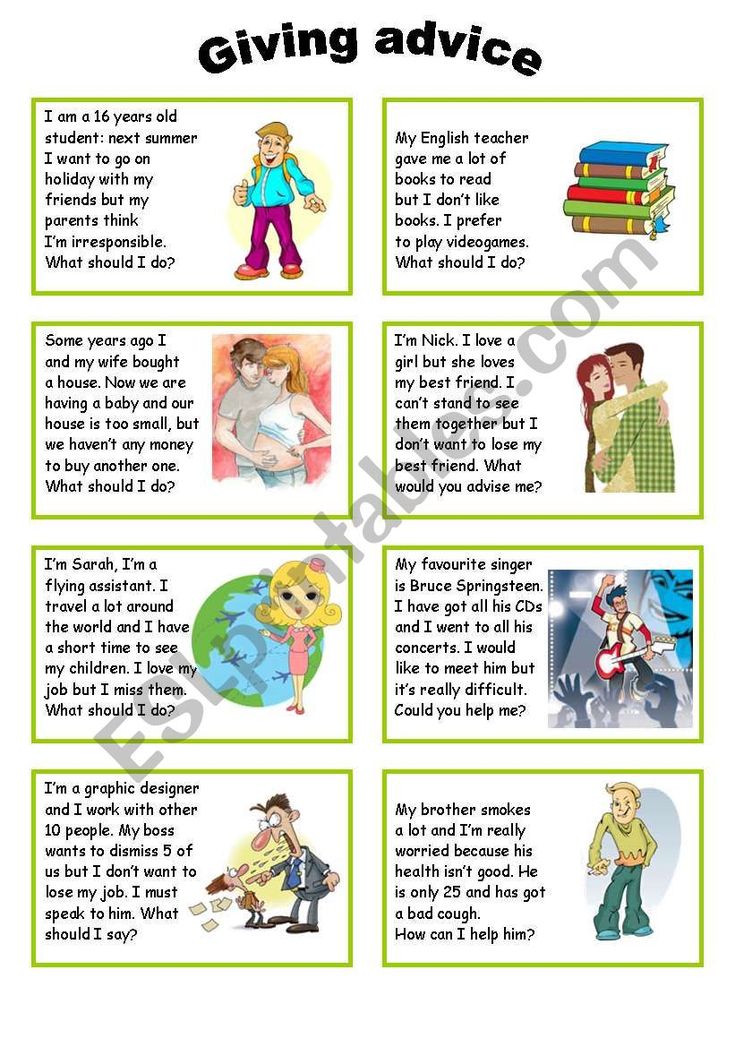 A teenager needs positive and negative emotions. For the successful development of a child, it is useful to occasionally deny him something, limit his desires, thereby preparing him to overcome similar situations in the future. It is the ability to cope with troubles that helps a teenager to form as a person. The role of an adult is primarily to help the child become an adult, that is, to teach him to confront reality, and not run away from it. Fencing off the child from the real world, even with the best of intentions, parents deprive him of the opportunity to gain life experience, to find his own way.
A teenager needs positive and negative emotions. For the successful development of a child, it is useful to occasionally deny him something, limit his desires, thereby preparing him to overcome similar situations in the future. It is the ability to cope with troubles that helps a teenager to form as a person. The role of an adult is primarily to help the child become an adult, that is, to teach him to confront reality, and not run away from it. Fencing off the child from the real world, even with the best of intentions, parents deprive him of the opportunity to gain life experience, to find his own way.
Never lie to a child, even if it is dictated by the best beliefs and concern for his peace and well-being. Children in some unknown way sense lies in any form. And for those who have deceived once or twice, trust is no longer necessary.
9. If you have already made mistakes in your upbringing, it will be more difficult for you than at the beginning of the journey. But if you reveal at least a drop of good in your pupil and then rely on this good in the process of education, then you will receive the key to his soul and achieve good results.